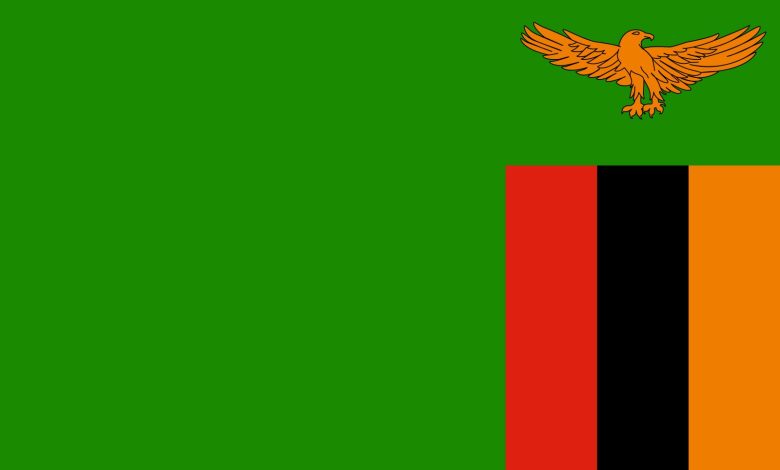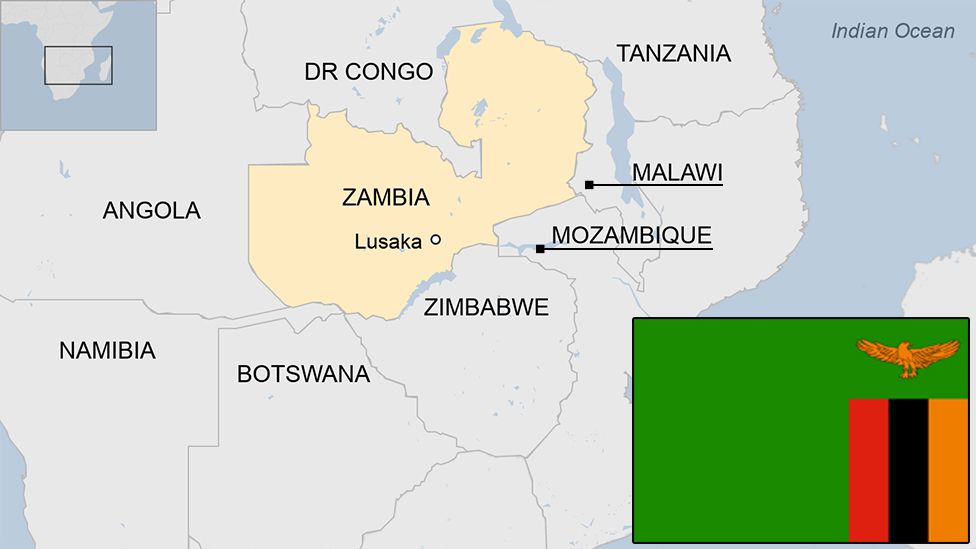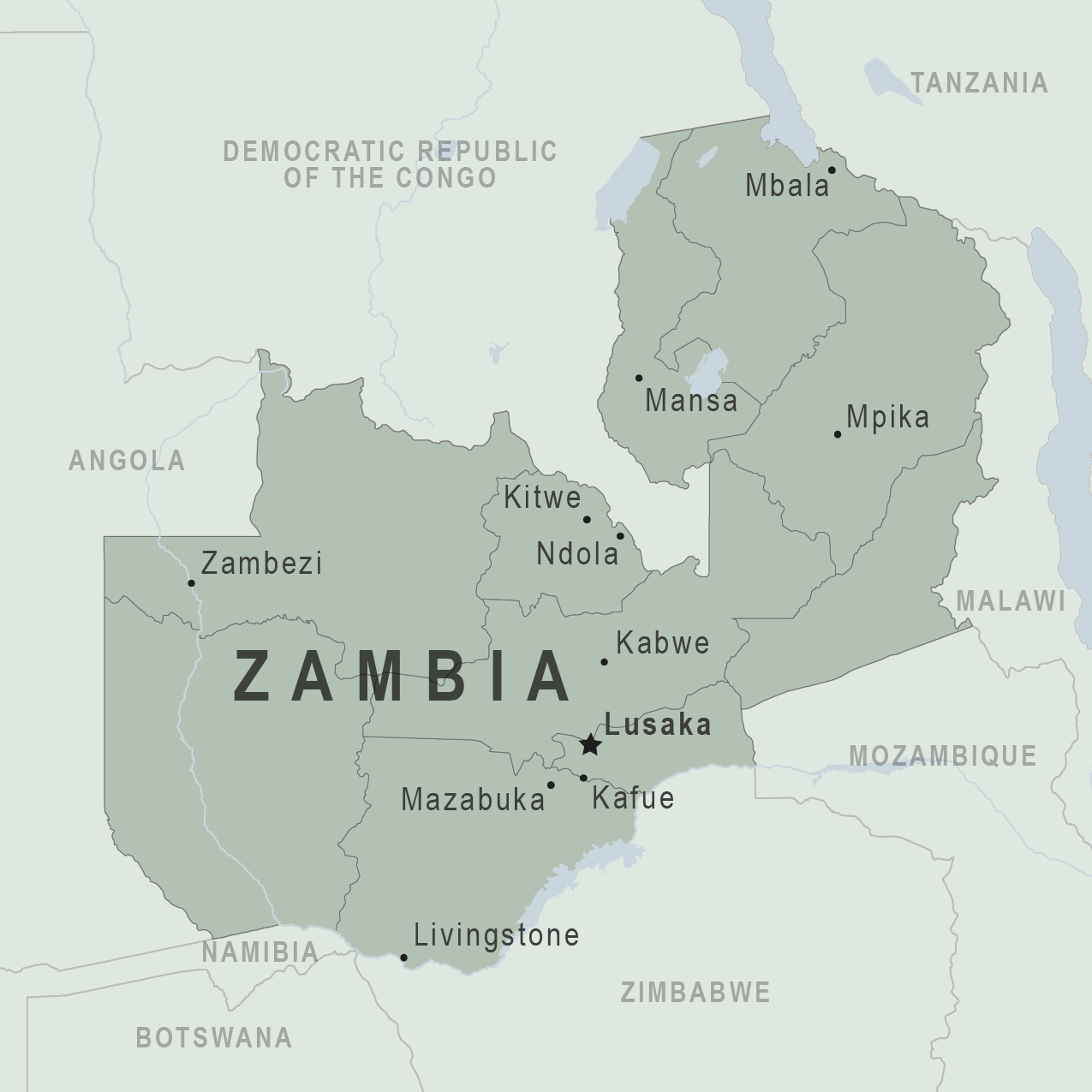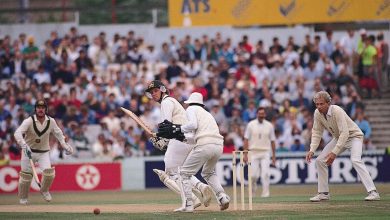Detailed Introduction to the Country of Zambia: Hidden Gems Unveiled

Zambia is a country in southern Africa. It is known for its stunning landscapes and rich culture. This article will take you through various aspects of Zambia. You will learn about its geography, history, people, and more.
Geography of Zambia
Zambia is a landlocked country. It is surrounded by eight other countries. These are Angola, Namibia, Botswana, Zimbabwe, Mozambique, Malawi, Tanzania, and the Democratic Republic of the Congo.
Location And Size
Zambia is located in southern Africa. It covers an area of about 752,612 square kilometers. This makes it one of the larger countries in Africa.
Major Rivers And Lakes
The Zambezi River is the most important river in Zambia. It flows through the western part of the country. The Zambezi River is famous for the Victoria Falls. This is one of the largest and most beautiful waterfalls in the world.
Lake Tanganyika is another significant water body. It is located in the northern part of Zambia. It is one of the deepest and longest freshwater lakes in the world.
Climate
Zambia has a tropical climate. There are three main seasons: the rainy season, the cool dry season, and the hot dry season. The rainy season lasts from November to April. The cool dry season is from May to August. The hot dry season is from September to October.
History of Zambia
Zambia has a rich history. It has been home to various civilizations over the centuries. Let’s take a look at some key historical events.
Early History
Early humans lived in Zambia over 100,000 years ago. They were hunter-gatherers. They used simple tools made of stone.
Arrival Of Bantu-speaking People
About 2,000 years ago, Bantu-speaking people arrived in Zambia. They introduced farming and iron tools. They also brought new languages and cultures.
Colonial Period
In the late 19th century, European explorers reached Zambia. The British colonized the region. They named it Northern Rhodesia.
Independence
Zambia gained independence from Britain on October 24, 1964. Kenneth Kaunda became the first president. He played a key role in the country’s independence movement.

Credit: www.bbc.com
People and Culture of Zambia
Zambia is known for its diverse and vibrant culture. The people of Zambia are warm and welcoming.
Ethnic Groups
There are over 70 ethnic groups in Zambia. The largest groups are the Bemba, Tonga, and Chewa. Each group has its own unique traditions and customs.
Languages
English is the official language of Zambia. It is used in government and education. However, there are many local languages spoken. Bemba, Nyanja, Tonga, and Lozi are some of the most common.
Traditional Music And Dance
Zambian music is lively and rhythmic. Drums, xylophones, and marimbas are popular instruments. Traditional dances are often performed at festivals and ceremonies. They are a way to celebrate important events.
Food
Food in Zambia is simple but delicious. Nshima is a staple food. It is made from maize flour. Nshima is often served with vegetables, meat, or fish.

Credit: wwwnc.cdc.gov
Tourism in Zambia
Zambia is a great destination for tourists. It offers a variety of attractions and activities.
Victoria Falls
Victoria Falls is a must-see. It is one of the largest waterfalls in the world. The falls are located on the Zambezi River. They are known locally as “Mosi-oa-Tunya,” which means “The Smoke That Thunders.”
National Parks
Zambia has several national parks. South Luangwa National Park is famous for its wildlife. You can see elephants, lions, and leopards. Kafue National Park is another popular destination. It is one of the largest national parks in Africa.
Adventure Activities
There are many adventure activities in Zambia. You can go white-water rafting on the Zambezi River. Bungee jumping from the Victoria Falls Bridge is also popular. Safari tours offer a chance to see wildlife up close.
Economy of Zambia
Zambia’s economy is based on several key industries.
Mining
Mining is a major industry in Zambia. The country is rich in minerals. Copper is the most important mineral. Zambia is one of the largest producers of copper in the world.
Agriculture
Agriculture is also important. Many people in Zambia are farmers. They grow crops like maize, sorghum, and rice. Livestock farming is also common.
Tourism
Tourism is a growing industry. Many tourists visit Zambia each year. They come to see the natural beauty and wildlife.
Education in Zambia
Education is important in Zambia. The government has made efforts to improve the education system.
Primary And Secondary Education
Primary education is free and compulsory. Children start school at age seven. Secondary education is also available. However, there are fewer secondary schools.
Higher Education
Zambia has several universities. The University of Zambia is the largest. It offers a range of courses and programs. There are also technical and vocational schools.
Healthcare in Zambia
Healthcare in Zambia faces challenges. However, efforts are being made to improve the system.
Healthcare Facilities
There are hospitals and clinics in Zambia. However, they are often crowded. Rural areas have fewer healthcare facilities.
Common Health Issues
Malaria is a common health issue. HIV/AIDS is also a major concern. The government and NGOs are working to address these issues.
Frequently Asked Questions
What Is The Capital Of Zambia?
Lusaka is the capital city of Zambia.
What Languages Are Spoken In Zambia?
English is the official language. Bemba, Nyanja, Tonga, and Lozi are also widely spoken.
What Is Zambia Known For?
Zambia is famous for Victoria Falls, diverse wildlife, and rich cultural heritage.
Is Zambia Safe For Tourists?
Yes, Zambia is generally safe for tourists, but always exercise caution and stay informed.
Conclusion
Zambia is a beautiful and diverse country. It has a rich history and vibrant culture. There is much to see and do in Zambia. Whether you are interested in nature, adventure, or history, Zambia has something to offer.




